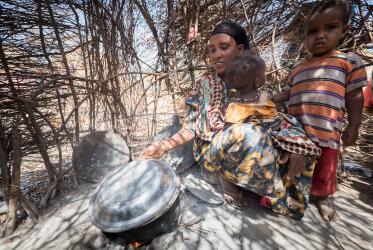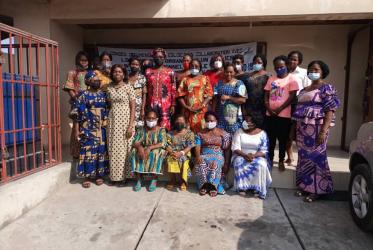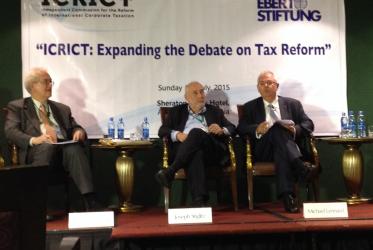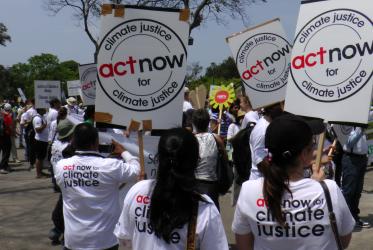Displaying 1 - 18 of 18
Protecting Ethiopia’s church forests
27 October 2021
Applications open for WCC Eco-School
10 May 2017
Youth engagement fundamental to HIV response
18 April 2017
Seven weeks of Lent highlight water crisis in Africa
01 March 2017
Winners of WCC photo contest announced
09 May 2016
Churches' “prophetic voice” will be busy in 2015
18 June 2015














